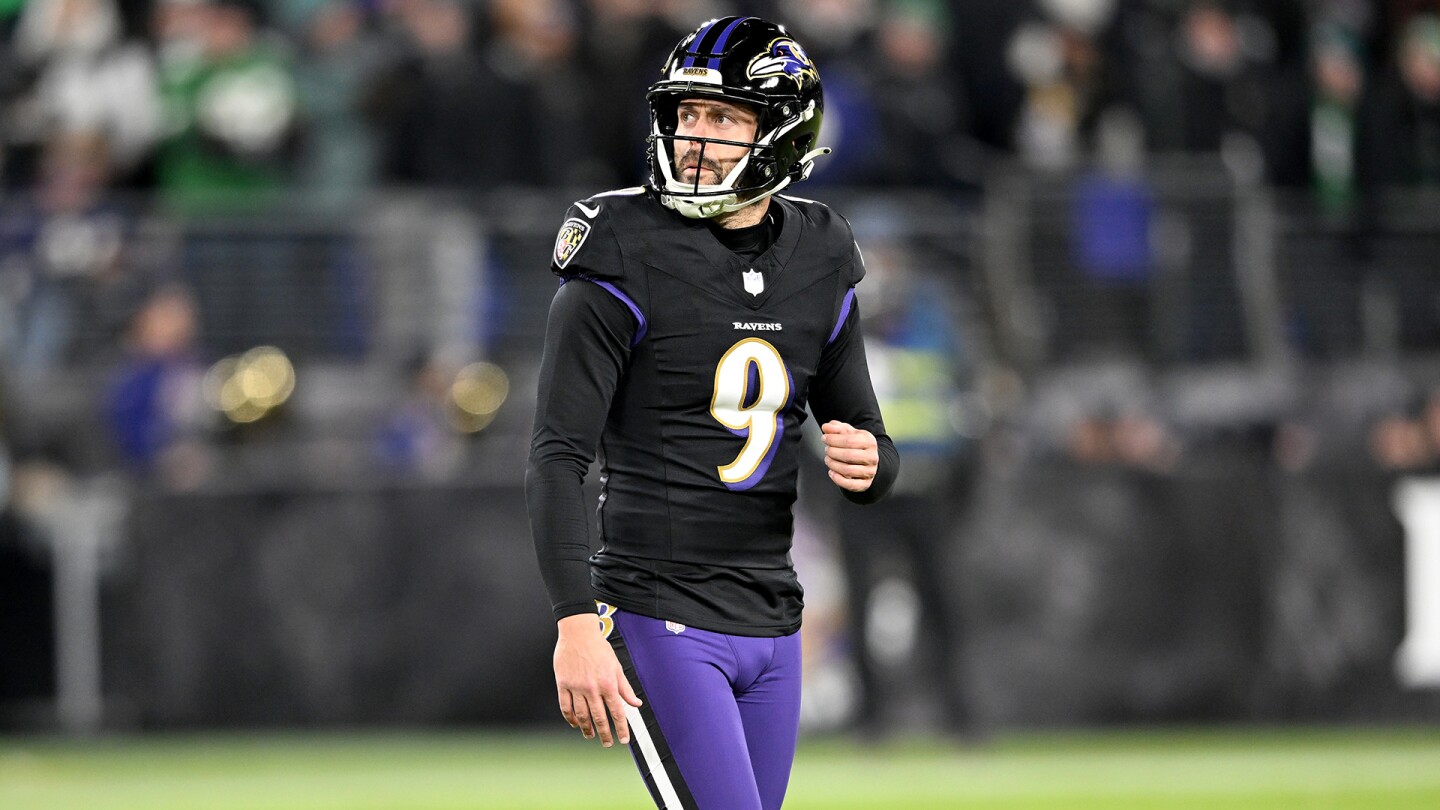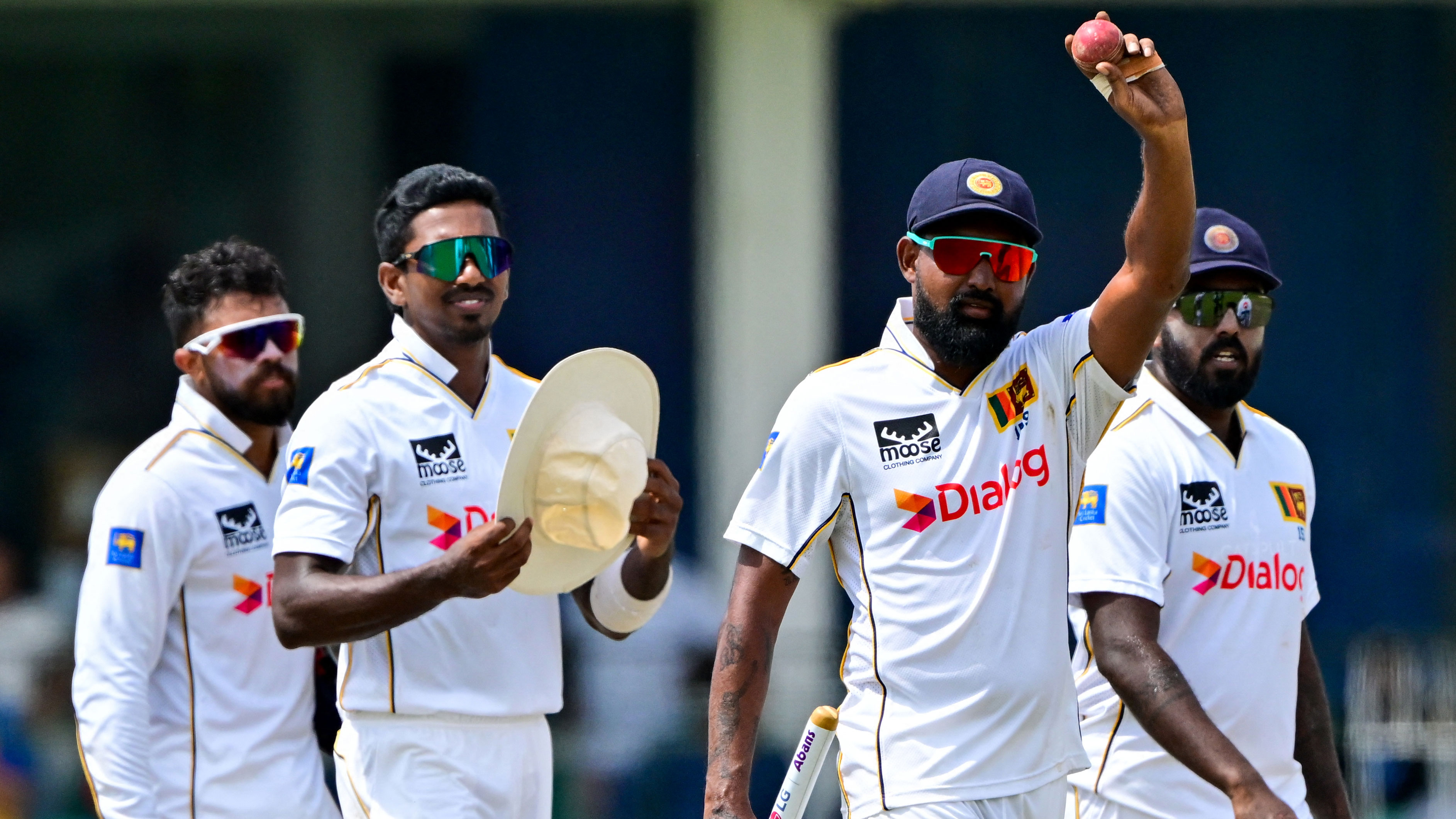Justin Tucker hopes to thread needle between claiming innocence, accepting responsibility

When the NFL announced on Thursday that former Ravens kicker Justin Tucker has received a 10-game suspension under the Personal Conduct Policy, the initial reaction based on the bare-bones statement was that the league completed its investigation and its in-house legal process with a finding that Tucker had done what he was accused of doing during one or more massage-therapy sessions.It quickly became clear that the suspension didn’t result from the procedures created by the NFL. It came from a negotiation between the league, the union, and Tucker.And that’s what made aspects of the statement issued by Tucker’s representative confusing. Especially at the outset.“We are disappointed with the NFL’s decision,” Rob Roche began in the comment that was widely distributed to reporters and for the most part disseminated with little if any context or explanation.The NFL’s “decision” wasn’t to suspend Tucker 10 games. It was to propose (presumably) a longer suspension if the process played out and to offer Tucker a 10-game suspension. It was Tucker’s “decision” to accept the 10-game suspension.That fact, obscured by Roche’s statement, is an important one. Tucker accepted a 10-game suspension for something he loudly insisted he didn’t do.“Justin has always strived to carry himself in a way that would make his family and community proud,” Roche added. “He stands by his previous statements.”But does he? Who accepts a punishment for something they know they didn’t do — especially when reasonable minds will be inclined to include that accepting a 10-game suspension represents an admission of responsibility?“In order to put this difficult episode behind him and get back on the field as soon as possible, we have advised Justin to accept this resolution and close this matter,” Roche said. “The people who know Justin best know his character and understand that while he remains fully committed to excellence as a football player, he is deeply dedicated to his most important lifetime roles as a father, husband, and friend.”It’s one thing to advise Tucker to take a one-game or a two-game suspension. Ten games sends a much different message. Ten games suggests that Roche and others feared the league would emerge from the hearing before retired judge Sue L. Robinson with a much longer suspension.And so, on one hand, Tucker still says he didn’t do anything. On the other hand, he has accepted a TEN-GAME SUSPENSION for something he swears he didn’t do. That’s a difficult needle to thread, especially if he plans to eventually sue the Baltimore Banner for defamation based on the reporting that sparked this situation in late January.For a defamation case to fly, Tucker will have to prove that the information was false (and that the Banner knew it was false or acted with reckless disregard to the truth or falsity of the information, since Tucker is a public figure). The suspension means, as a practical matter, that Tucker will also need to show that even the NFL was duped by the false allegations.









